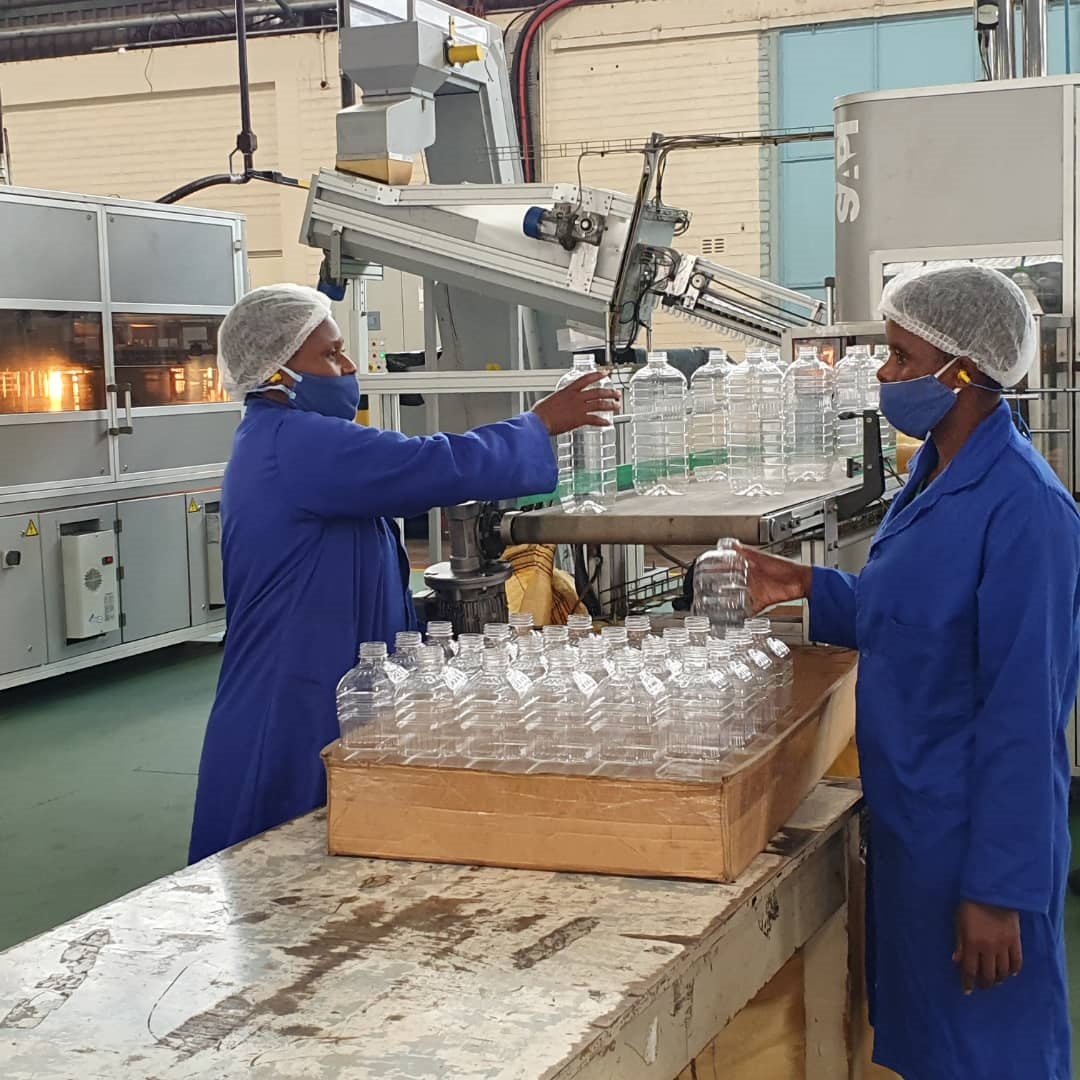Gift Musoko
Since the coming in of the New Dispensation, the economic climate in Zimbabwe has been improving tremendously. The New Dispensation, seriously operating under the “Production and less of Politics” principle has made noticeable progress in the he revival of the manufacturing sector that had collapsed under the Old Dispensation.
The past few weeks saw his Excellency, President of Zimbabwe and first Secretary of ZANU PF Cde E. D Mnangagwa touring some industries in Bulawayo and Mutare as a way of getting an appreciation of their operations.
Since Independence, Bulawayo has been the Industrial hub of the country, but the majority of its Industries closed down due to the crumbling economy affected by the illegal sanctions imposed on the country by the West. However, of late there has been a positive indication of a resuscitated economy, consequently impacting on the manufacturing sector, thanks to the New Dispensation.
The tour of Tregers, Archer which is a subsidiary of Paramount Garments and the largest clothing manufacturing company in Zimbabwe and United Refiners Private Limited (URL) in Bulawayo revealed that these particular industries have stood the test of time and have survived when the economy was at its lowest ebb.
These manufacturing companies are employing many people, with Archers and Tregers employing over 2000 and United Refiners has over 500 employees. These numbers make them some of the biggest employers in the country. This is also in line with the ZANU PF manifesto of creating conducive environment for business and creating employment.
In Mutare, President Mnangagwa toured The Wattle Company, Willowton Group and Mega market. The Wattle Company is one of the biggest Timber processing companies in the country producing goods such as electric poles, fencing poles, veneer, doors, skating and trusses just to mention, but a few of its products.
The Willowton group produces bath and washing soap and cooking oil. The Mega market repackages rice into smaller packets and is currently milling maize. Mega Market is also building a wheat milling plant with plans of making flour and pasta, then stock feed from the by-products.
These companies are making a huge impact as the majority of products in supermarkets are now locally made and this is something that was rare during the Old Dispensation. To this end, expensive imports have been reduced from our supermarket shelves,saving the country the much needed foreign currency.
President Mnangagwa’s tours revealed that the companies are faring much better now during the New Dispensation than during the Old Dispensation. This can be attributed to President Mnangagwa’s ease of doing business and Zimbabwe is Open for Business mantra all in a bid to make Vision 2030, a reality.
The economic policies Government has put in place, like the National Development Strategy 1 (NDS1) and its predecessor the Transrional Stabilisation Programme (TSP) have contributed immensely to the stabilising of the economy and in turn creating a favourable environment for the manufacturing sector to thrive.
Zimbabwe has been under sanctions for the longest of time, but that has made us stronger and united as a country. Just as President Mnangagwa said, "Forget about the illegal sanctions. Focus on the resources in our country. We can build our country brick by brick to prosperity . We also have friends in Africa and abroad. What we need is to be united and forge ahead. Sanctions have helped us to be ourselves."
Perhaps if it were not for these sanctions we would not have been innovative and be able to utilise our own resources fully.
His Excellency's recent visits is sure to reboot the once industrial hub of the nation and the manufacturing sector is sure to rise again given the Second Republic's impetus in modernising and industrialising the nation.
The current trends in the economic activities of Zimbabwe, like the performance of the country’s manufacturing sector is an indication that the Vision 2030 drive of attaining an Upper middle income economy status is possible especially with the visionary leadership of President Mnangagwa.




